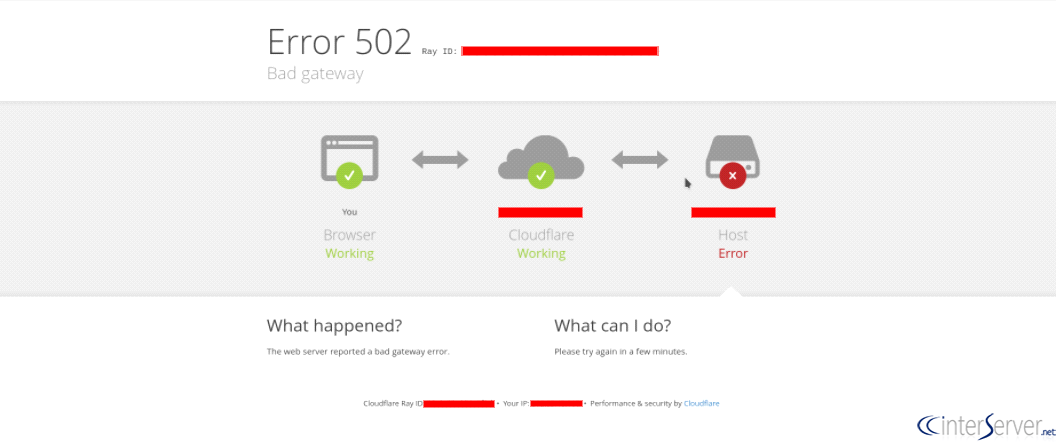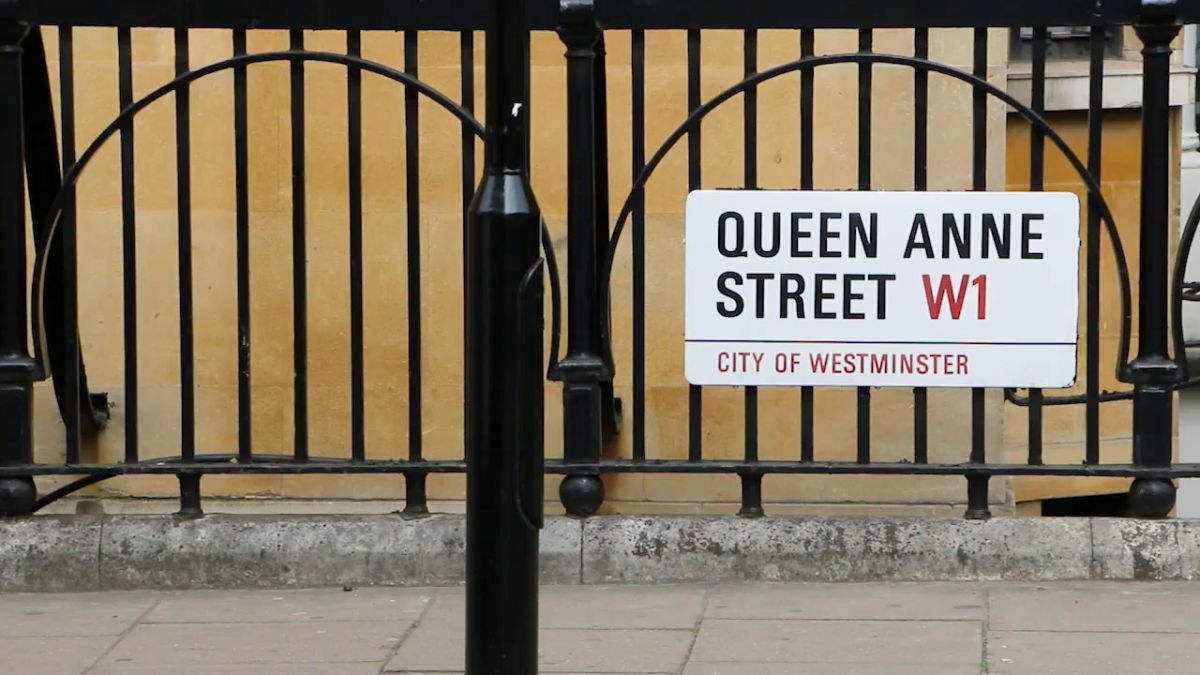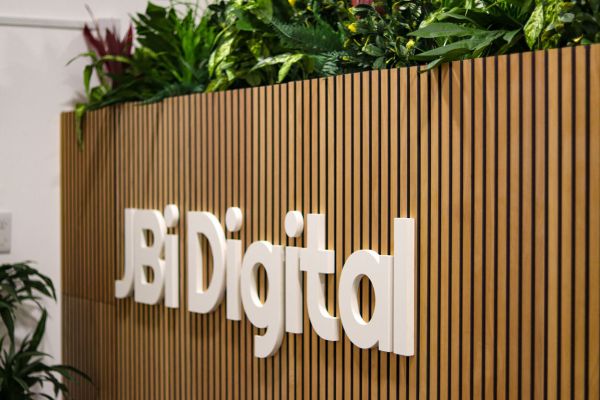With the media’s attention firmly focused on COVID-19, the announcement of Keir Starmer as the new leader of the Labour Party was made without a huge amount of fanfare.
Despite this, the Labour Party’s website crashed under the weight of thousands of visitors, who flooded to the party’s website to find out more after the official press release went out.
There has been ample time to prepare the website for this event, which was months in the making; the Labour leadership contest began after Jeremy Corbyn’s decision to step down in the wake of the 2019 election result.
While it is obvious that the site wasn’t properly equipped for a predictable spike in traffic, it is more interesting that measures hadn’t been put in place to mitigate the impact of the resulting crash.
So, what could the Labour Party’s website management team have done differently to prepare themselves for this announcement, and what learnings should they take from this?

Opportunities Missed
At 10:45am on the morning of the 4th April, I found out that the Labour Party had chosen its new leader through social media. On finding the official press release, I followed it to the Labour Party’s website.
Like thousands of others, this is where my journey came to an abrupt end. I was faced with a standard, unattractive and uninformative error page, which meant that I was not able to access the extra detail and confirmation that I was looking for.
The page informed me that the website was using Cloudflare. Cloudflare is a web infrastructure and website security company which provides support with content delivery, DDoS mitigation, website security and more.
Cloudflare is a very sensible option for mitigating events like this, or at the very least reducing the risk of the website going down completely.
It was clear, however, that Cloudflare had not been set up correctly, or at least optimally.
Websites which run on Cloudflare have a number of options available to them in order to create as smooth an experience as possible for users in the event of a crash.
A branded error page with bespoke content can be shown to reassure users that the site will be running again soon, or a cached version of the website can be displayed.
Neither of these measures had been taken on the Labour Party’s website, which showed visitors nothing more than a standard error page.
This exposed a lack of preparedness on the part of the Labour Party’s website management team, which was not only unable to prepare the site for a spike in traffic, but also unable to implement fallback options.
Impact and Learnings
The impacts of this lack of preparedness go far beyond the irritation that visitors will have experienced on the morning of the 4th April.
For a start, the Labour Party was lucky that the attention of the public and media was largely elsewhere, as such an event in less extraordinary times would have been more embarrassing.
More importantly, the lack of measures put in place could serve as a flag to potential hackers that the website has not been thoroughly tested, providing incentive to test its security.
The Labour Party’s website management team should make it a priority that security is as strong as possible in the wake of this crash.
It is crucial that websites are not only built with potential traffic spikes in mind, but also prepared for worst case scenarios. While crashes should be avoided wherever possible, sometimes they are unavoidable, and in these situations measures should be taken to mitigate their impact.
The Labour Party got away with it this time, but they might not be so lucky in future.
If you are looking for a partner on your digital project, or have a website which you need support with, please don’t hesitate to get in touch with our team through hello@jbidigital.co.uk, or by calling 02070432510.




